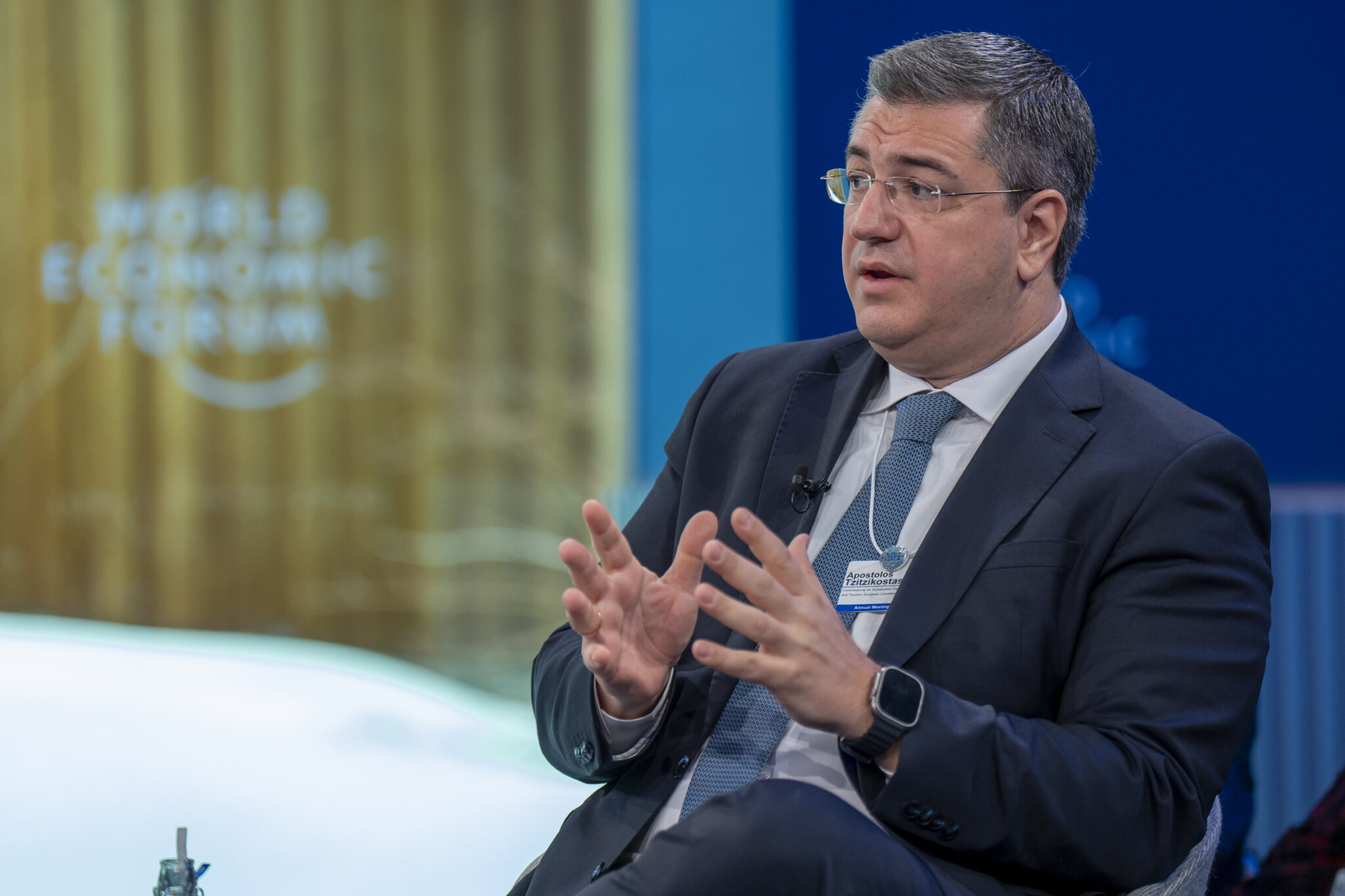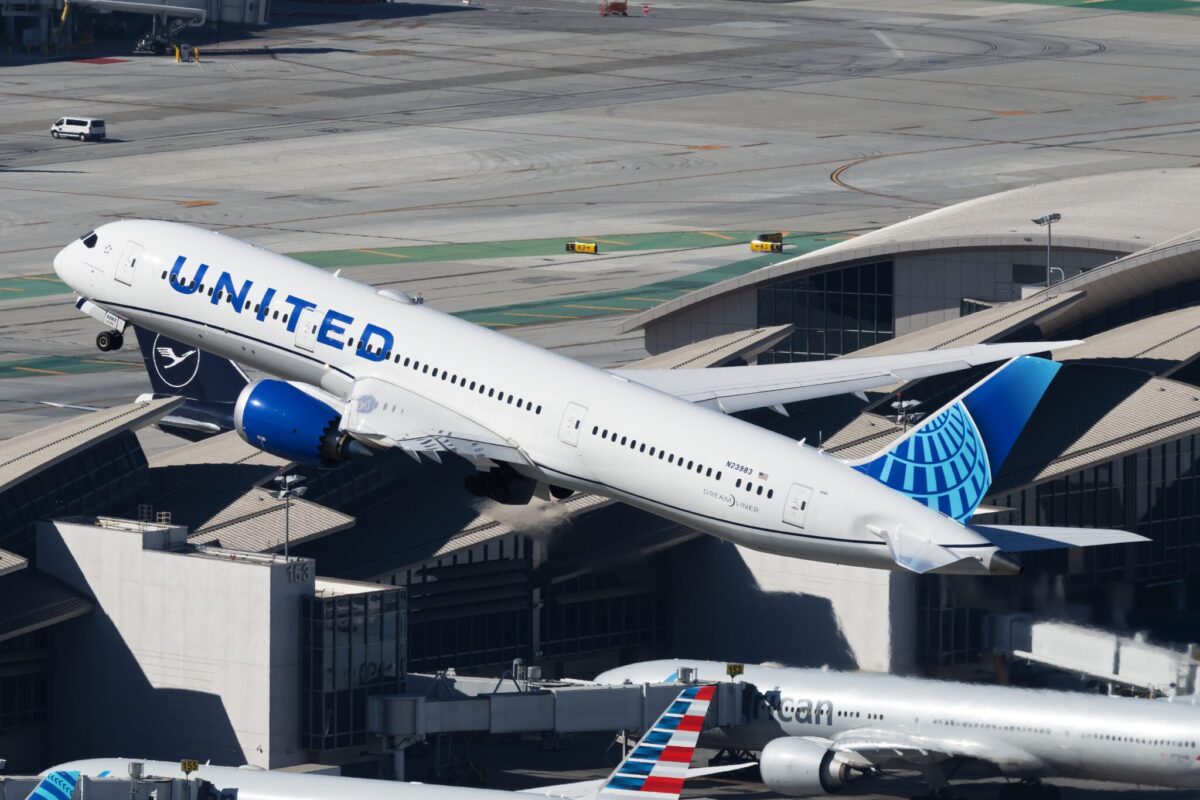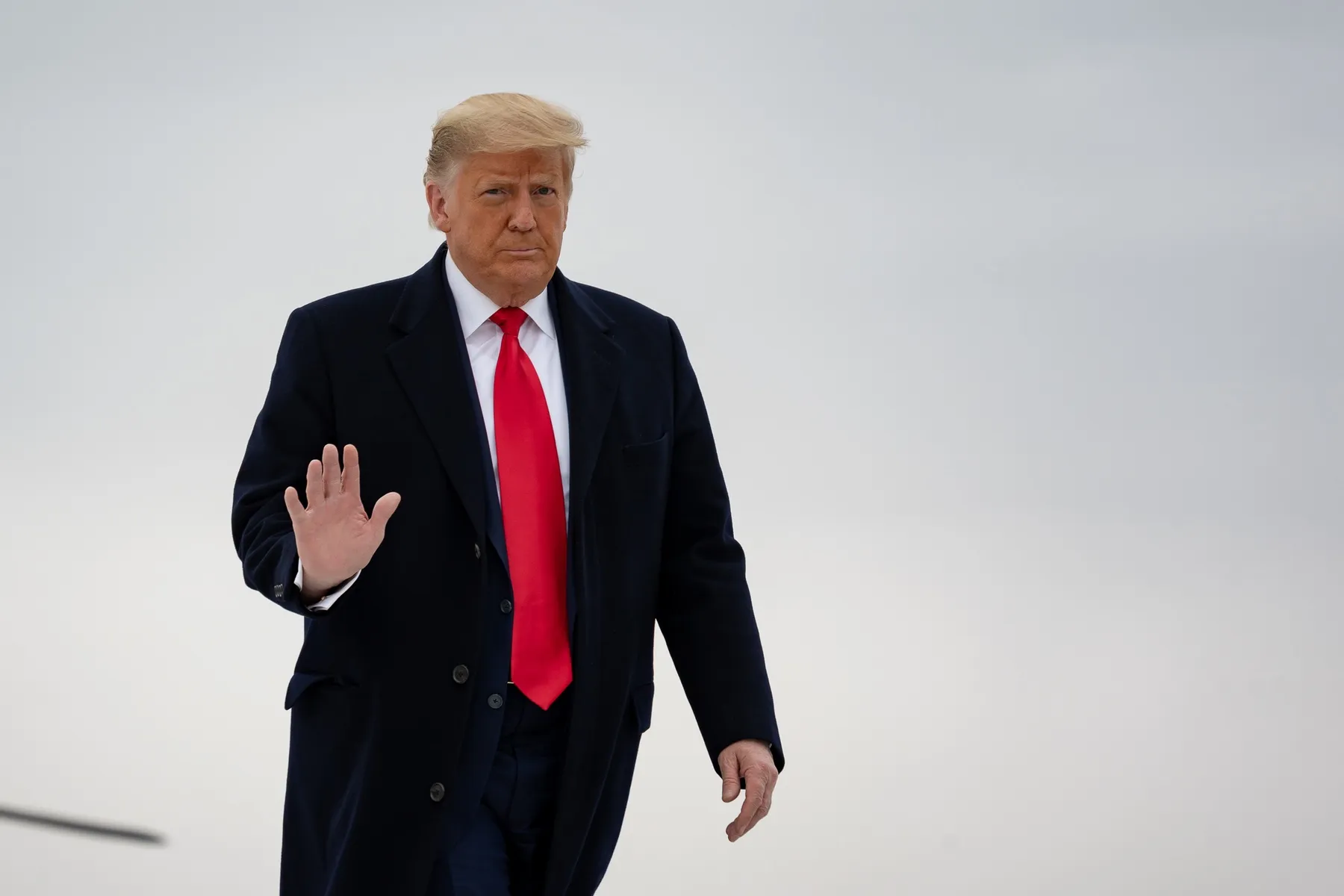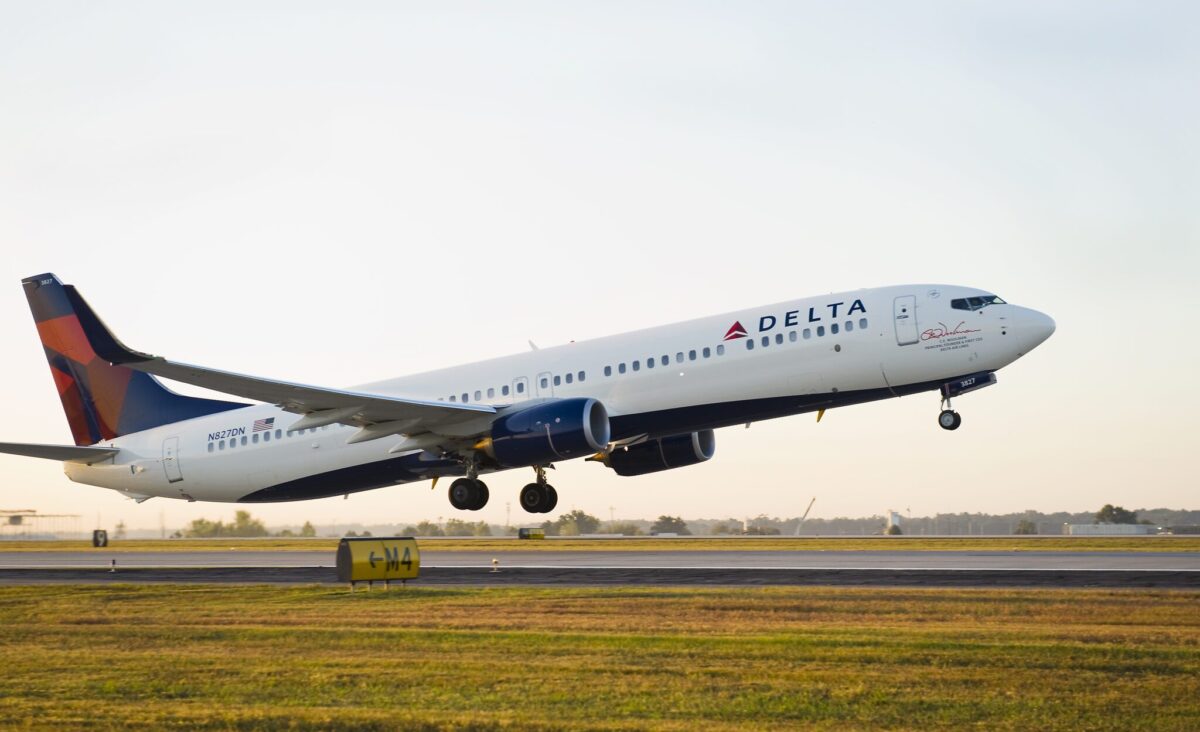Interview: Lola's CEO Wants to Hack Mobile Trip Planning With Travel Agents
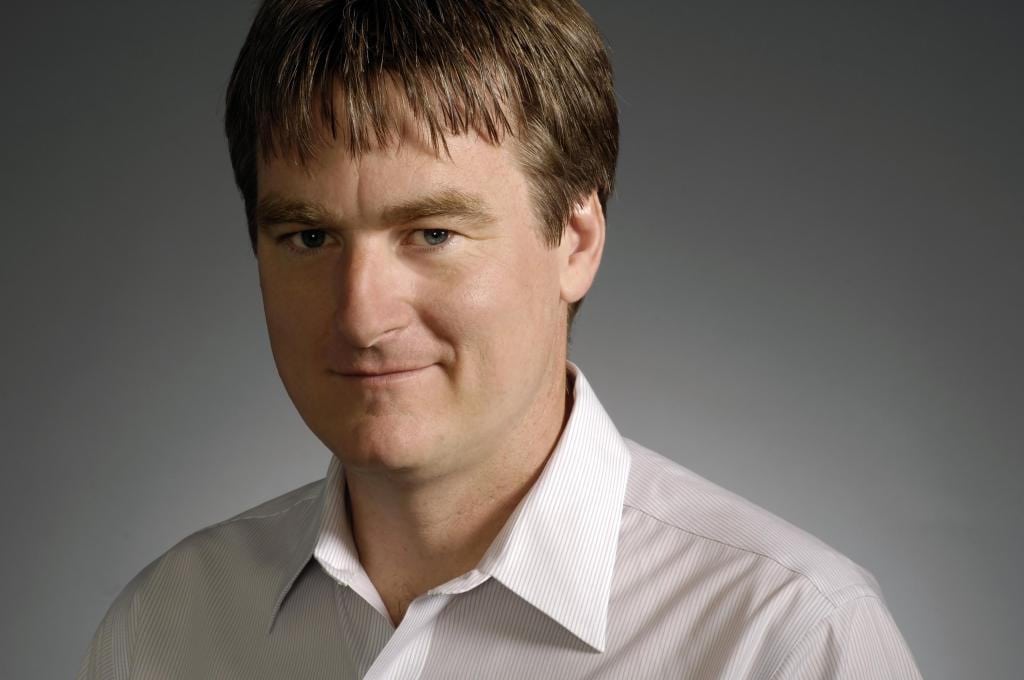
Skift Take
Paul English, the Kayak co-founder who now leads the newly christened travel startup Lola, thinks he can reinvent the trip-planning and booking experience in the digital era by weaving travel agents at every turn into a mobile app for consumers.
"Your life as a traveler will change if you have a mobile app that's completely threaded with humans at every step of the way," English told Skift in an interview at Lola's Boston offices on December 2.
The former chief technology officer at digital-only Kayak, English and his venture-backed startup are taking the heretical step of hiring at least 100 in-the-flesh travel agents, many of whom will work on the building's third floor alongside engineering geeks who are coding a new travel agent console as well as a consumer mobile app. Plans call for Lola to employ 250 people by the end of 2016, and funding in the works would ensure that Lola can keep going for 18 months without an infusion of commercial revenue.
"We want to make sure that as the engineers we are building our agent tools, and if we're writing codes that are sloppy or have bugs or are slow, we want those travel agents in the same building, digging the shit out of it," English said.
Skift sat down with English, co-founder and CTO Bill O'Donnell, and other members of the team in Lola's basement office, with rock and contemporary tunes blaring in the background.
Besides reinventing trip-planning, English has the wild idea that he can make travel agents, beset by commission cuts and agency closings over the years, happy again.
An edited version of the interview follows:
Skift: The new name of your startup is Lola. What does the name mean?
English: The name's an important thing for us. First of all we just love the word, we love the sound of it. We like how the word looks, we like that it's four letters, it's easy to say. We've tested it in multiple language, multiple countries. It has positive response in multiple countries, so that's really great. It's a portmanteau. Do you know what that is?
Skift: No.
English: Our last company (Kayak) was a palindrome, spelled both backwards and forwards and this one's a portmanteau. This is a word I learned only recently. It's basically taking two words and smashing them together so in our case it's longitude and latitude, Lola. I could try to give you some really fancy line about longitude and latitude and find the direction of that but it's not really about that. It's more that we just love the word. We think it's a really great word and we think it's a word that can be brandable.
We're obviously going to have fun with it just like we had at our last company, building a brand around that palindrome. We think it's going to be a lot of fun building a brand around this word as well. We love the word.
What we're doing is focusing on solving two problems in the travel industry today. The first one is that, back at Kayak, we used to describe ourselves as sucking less than other travel sites. The reason for the self-deprecation was that, as good as we try to make it, we knew that all websites have problems and that they remove people from the equation. We look at Expedia, OTAs [online travel agencies] and metasearch sites all as do-it-yourself, where you tell us you want to stay in Sydney, Australia and we'll show you 200 hotels and 500 flights. It's up to you to figure out what to buy. Some people like that, a lot of people are stressed by it.
Sometimes I say Kayak I designed for me because I travel all the time and I want to make sure it works really well for me. I definitely list myself as a power user of Kayak but even for me when I'm looking to travel somewhere new, I don't have the confidence to make the purchase. I'm always wondering, "Is there a hotel I'm missing? The pictures of the hotel look good but is it a good hotel? Is this the right airline to fly?"
Skift: "Is it close to where I want to be?"
English: "Is it close to where I want to be?" Kayak had to build all those tools but a lot of time you really want to talk to a human. If you look back to pre-Web, there were these things called travel agents, which of course still exist today but they existed in much greater numbers pre-Web. Some of those travel agents were incredibly helpful.
You would go down to the corner mall and you'd talk to Sally and she might have a lot of expertise about the Caribbean. She's vacationed there many times and she's rented boats and she can tell you which islands to spend time at, where are the sail boats, where you'll be able to go in seven days, what's the realistic itinerary. You trusted Sally that because of her expertise, she would guide you towards making decisions. We think what happened over the last 10 years with all the do-it-yourself sites is they lost that human connection.
Skift: But some travel websites today, including Expedia or CheapOair, they do have the agent you can call if you feel like it.
English: They do have the agent you can call; I'll speak about that in a second. The first problem we think is the whole issue of do-it-yourself. I think do-it-yourself is just not enough for most people because in many cases they want to be guided or assisted or helped. The second problem that [co-founder] Bill [O'Donnell] and I have been looking at is -- and this was started in July. I think you know my non-compete with Kayak ended on July 1. Bill and I incorporated Lola Travel Co. on July 7 or something like that.
Skift: You had the name back then?
English: Yeah, we had the name then.
Skift: What about you telling me before you were going to do this whole big study and you would hire an agency to come up with a name?
English: We did do a study and the name we incorporated as Lola Travel Company Inc. We had to put some name down on paper, we wanted to incorporate, we had to put a name so used that as default name. Then we did a bit of a study but we just found during the process we were just all for the name Lola. So we went with our original instincts and went with that.
Skift: OK.
English: Early on what Bill and I did was we tried to understand how travel agencies used to work. We interviewed travel agents, we interviewed people who used travel agencies, older people who remember when travel agencies were awesome, sort of pre-Web.
Then we started talking to actual travel agents about what they do on a day-to-day basis, what tools they use, how they get information. We started to looking at the GDS [global distribution system] software. If you actually looked at a cyber terminal on Amadeus, if you watch people using it ...
Skift: I have. The green screens and all of the formats they use.
English: I was embarrassed that I had worked in the travel industry for 10 years and never actually saw an Amadeus terminal before. It was shocking. The second problem we're looking at is, why are travel agents -- and there are still great travel agents today, they look different from they did 20 years ago -- still using technology which is 20 or 30 years old?
The reason we care about travel agents is we think there's a better user experience that can be delivered if we design sort of an end-to-end system, starting with your iPhone as the traveler all the way to the people who are going to be helping you plan travel, when you want a person. If we can integrate their software to your software, we think we can provide a much better experience. I'll give you an example.
Skift: Who are these people that are going to be? Real travel agents?
English: Yes. The agents: Let's say the first 100 will be employees of ours.
Skift: So you're hiring 100 travel agents?
English: Yeah. Half of them will be travel agents before they came to us, so they're previously trained. Half of them will be people who just have unbelievably good customer service skills.
Skift: How are you finding them?
English: We're networking, all in Boston; the first will be in Boston, I'll talk about phase two in a minute. We're just networking with companies in Boston.
Skift: Are they all from a certain global distribution system?
English: No.
Skift: American Express?
English: American Express Travel .. we're talking to local travel agencies. We just hired someone from STA Travel in Cambridge, she was a travel agent for them.
Skift: You're not partnering with the organization?
English: Not in phase one. The reason is we have this vision is your life as a traveler will change if you have a mobile app that's completely threaded with humans at every step of the way. That at any moment, humans help at different components of it. In order to deliver that experience to you, we have to reinvent what a travel agent looks like, we have to reinvent the software they use to deliver the experience we want to deliver to you. For the first 100 agents, we want them to be employees of ours with full benefits, pay and stock.
Skift: Fulltime employees?
English: Fulltime employees, stock, benefits, the whole thing because we want to eat our own dog food. We want to make sure that as the engineers we are building our agent tools, and if we're writing codes that are sloppy or have bugs or are slow, we want those travel agents in the same building, digging the shit out of it.
Skift: This doesn't have anything to do with revamping the global distribution systems themselves?
English: No. It layers on top of the GDS. Phase one is our own travel agents, our employees. Phase two, once we perfect the end-to-end software ... And the magic isn't so much just the travel agent software or just the new mobile app we're about to release, the magic is how those two apps are threaded together. No one has done this before.
The example I give is if you're buying to the whole Apple ecosystem, and you realize if you're setting up a MacBook, you can answer phone calls on your MacBook, you don't have to answer on your phone. You can compose an email on your phone and switch to your MacBook because Apple builds everything from the operating system to the handheld device to the desktop device. It allows a user experience which you can't deliver off your ThinkPad or your Samsung. If you're not using a Samsung computer, a Samsung phone doesn't work as well as an Apple phone on an Apple computer.
We think that controlling this end to end is going to allow us to deliver a very different experience from what people do today with do-it-yourself travel sites or with travel agents.
Skift: You've written the first iteration of the software?
English: Yeah. We're launching the website, lolatravel.com, at 7:30 tonight. The only thing you'll be able to do at 7:30 is sign up to get on the waiting list. We're actually releasing the software on Friday morning to friends and family of Blade [the previous name of the company]. As of Friday morning we have agents working here in the building, they're trained, they're running the agent console already. We've already booked travel for ourselves. The month of December we're opening it up for friends and family, we're going to book a lot more travel and just get experience about how well does it work, how well does the mobile app work.
Skift: What sort of travel are you selling?
English: Everything. Flight, hotel or car, Broadway tickets, dinner reservations.
Skift: So you're essentially becoming a travel agency.
English: Yes. It's a travel agency. When I launch the Lola app icon, don't think of it as, I'm launching some app with 50 screens that I'd have to click through. Think that when I click that button I'm launching a team. So when I open Lola, I'm really opening a team called Lola and they're going to help me with everything that I'm doing.
Skift: How does the business model work? Are you getting commissions?
English: There will be commissions. I don't know much but ...
Bill O'Donnell: We will talk more about it early first quarter when the app is ready to actually go on the app store. We'll be happy to talk more about business model and some other stuff. [Separately, English said later at a startup event at Lola's Boston headquarters that on December 1 the board had a spirited debate about business model issues.]
Skift: Give me one example of how the intervention of human travel agents on your app is going to be different than if I call Expedia or call CheapOair.
English: Expedia support reps don't have access to your phone. You can talk to them on your phone but they're not controlling the app on your phone. Our agents will be controlling the app on your phone.
Skift: Once you contact them you voluntarily give them control of the app?
English: They can interact with you on the phone with text chat or voice. There's different user experiences that we'll be delivering but the base idea is the conversation we're having with the user, the experience, is a mix of modern new apps and remote control via a travel agent.
You're looking at a hotel, you can tell them, "Why am I seeing all these photos of business meetings, I'm going on vacation with my girlfriend. This is not the right hotel for me." They can push a pool or they can push a beach scene or they can push a bar scene. They can be responding to me as they're modifying the experience.
Skift: Have you found that your agents can work faster, or more efficient, or better than those old-school travel agents who are banging out those green-screen formats?
English: We have an old-school travel agent on our team and she's amazing to watch on the terminal; she can type a thousand words a minute. We think that we can provide better tools. I imagine that if you look at global distribution system today, think about what would a GDS would look like if the guys who designed Kayak were to design a GDS from scratch. What kind of user experience would you have?
Skift: You have to go back to ITA Software and Jeremy Wertheimer trying to remake a new-age global distribution system and he failed or withdrew the plan.
O'Donnell: One thing that we should clarify is that we're not trying to do that. We're going to partner with one or more of the GDSs. They're experts in what they do. We have no interest in trying to do better. They do exceptionally well, we have great respect for them. What the travel agent actually uses is their tool for where the information is coming to them. That's what we're talking about changing.
Skift: Alright.
O'Donnell: A lot of the experience is missing today. The agent has a GDS terminal and has this high bandwidth connection a vast travel database. Then they have to turn around and spit out words, like caveman talk over a phone. It's this incongruity from this super- high-density information thing that they can draw from quickly, and then that last mile of communication just sucks.
We want to have a total integration at the end. If the agent has this flyer or this picture of a hotel in front of them, they can just show you exactly what they see in a very considerable form.
Skift: That's cool. You are going to get the travel inventory from a global distribution system?
English: From a GDS and from partners. We're going to get hotel inventory from certain aggregators. All of the big hotel chains, we get it directly from them. We're going to have a lot of data sources. It can be back-filled by a GDS or or probably an affiliate network. We're going to try to have a larger number of hotels but then we're also going to have special deals for people using our app. We're going to be negotiating a lot of deals directly.
Skift: The app is initially directed at leisure travelers?
English: Initially it's leisure travelers. The focus is in the U.S. for people who travel at least four times a year. Some of those trips will be business. We're not going to do leisure-only; we're going to be biased towards leisure initially.
Skift: Why do you need 100 travel agents off the bat?
English: We want to perfect this end-to-end experience. Maybe we could do it with 20. I like thinking in big round numbers. We're in this [office] space right here [in the basement]. We also just took over the third floor, so we tripled our footprint. We want to have a core group that is incredibly productive and more productive than other travel agencies, and also that love their jobs more than most travel agencies. We're trying to put a lot of engineers there as well. Once we have about 100 agents that are really productive and profitable, then we'll figure out phase two, which is opening this up to other travel agents and travel agency businesses.
Skift: You might want to license the software to other travel agencies?
English: Exactly, yeah. We might never hire any more than 100 travel agents. We're not sure yet.
Skift: You're hiring 100 travel agents, is there new funding?
English: Yeah. Blade raised $20 million a year and a half ago from Kayak investors, General Catalyst, and Accel. We invested in seven companies when we were running an incubator before we heaped on this idea ourselves. Most of the $20 million is still in the bank, We didn't right that big a check for each of the companies we invested in. In addition to that money now being fully used by Lola, we also caught a Series A.
Skift: That was a Series A?
English: Yeah. We're transferring money from Blade to Lola and that's a Series A. Whoever owned X percent of Blade now owns X percent of Lola. It's a spinout really. Then we're also raising a Series A1 where we're putting in ... I'm not sure of the amount yet but it's enough to give us at least 18 months runway with some marketing money.
Skift: So that's done already?
English: Our term sheet is done.
Skift: What is it like running the whole show here versus your experience at Kayak where you were co-founder and CTO?
English: Yeah, we're cofounders. I look at myself as co-CEO with Bill here but clearly Bill and I are both tech guys. We've actually worked together for 25 years across four companies. Robert Birge is our commercial head, running marketing and biz stuff. To me it's less about what functional skills we have and more about what team skills we have.
What I'm trying to do here is same thing I tried to do at Kayak, which is put an enormous amount of energy into recruiting and just trying to hire the best possible people we can. At Kayak I hired on the product side. Here we're hiring on product and on the commercial side. If we're successful in hiring similar or better than the Kayak people than we did for the last 10 years, I think we'll be successful.
Skift: Do you have anything you can say about the travel ecosystem these days? You're going to be a travel agency, which has its own challenges. I know you're outspoken about Google, about what they're doing to organic search. What is the plan to fight within this context?
English: I think if we deliver a really compelling user experience where original users find this a much better way of doing travel and doing all the work yourself, they'll come back and be repeat customers and they'll bring their friends back to us. We think we can run a very profitable business. We think we can run a business that's much more profitable than traditional online travel agencies.
There's a number of things we're doing in terms of a toolset and also how the interactions with these agents will happen that I think our cost will be lower than a traditional OTA. That is just phase one.


